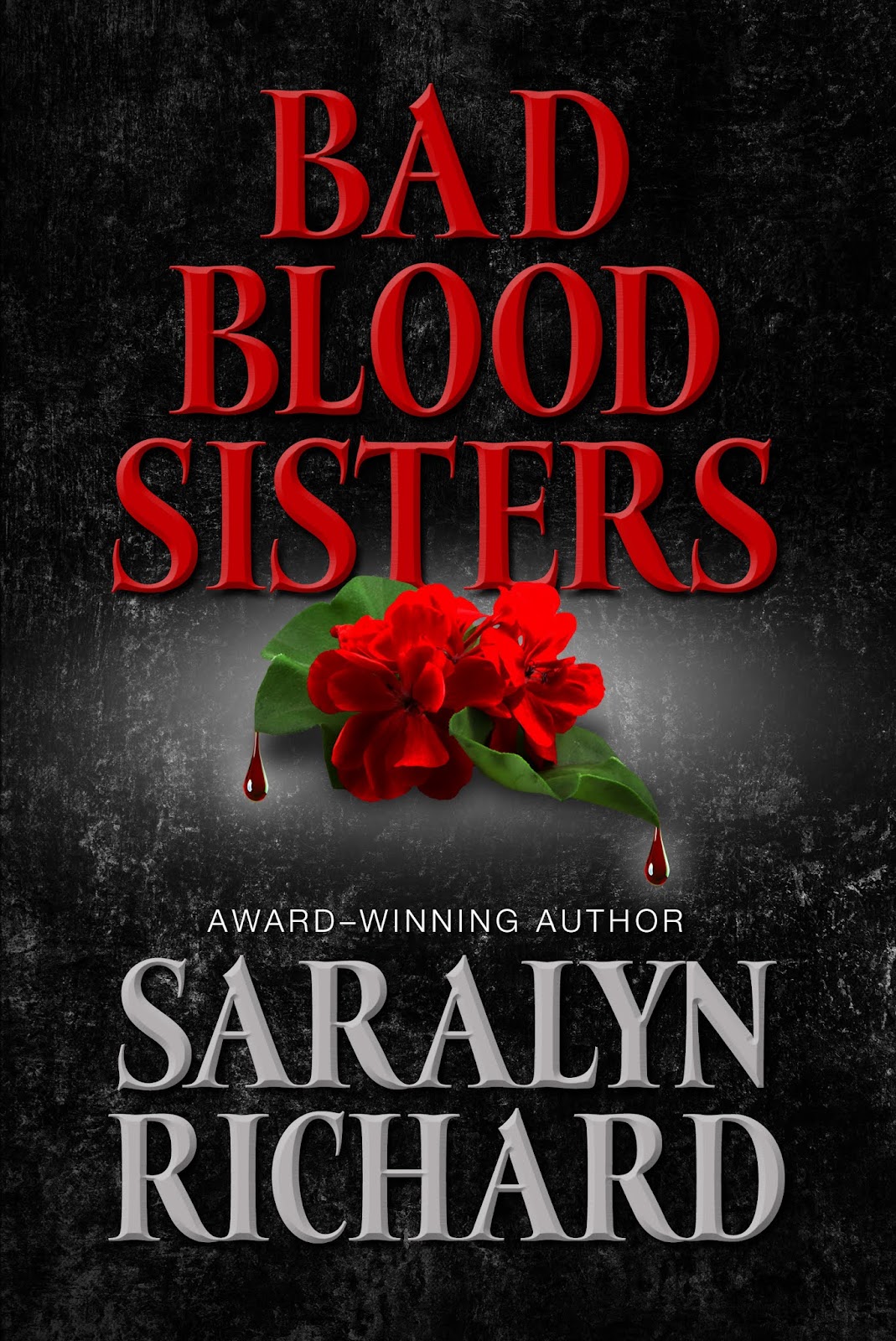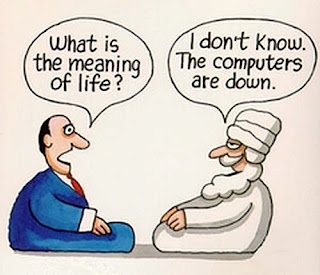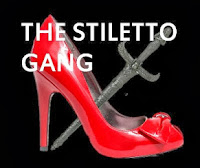Untitled Post
What I’ve Learned about
Death Services
by Saralyn Richard
When I was a senior in high school, I had an English teacher who moonlighted as a mortician. I don’t remember much about the course curriculum, but I have vivid memories of his stories about dead bodies, sitting up while he worked on them. Mr. M., as I’ll call him, thrived on telling grotesque tales and watching our reactions.
Aside from those stories, I can’t remember the topic of funerals coming up much. No one likes to talk about caskets or embalming fluid over lunch or on a date. In the few instances where I’ve been responsible for arranging funerals, I’ve worked with experienced people whose calm, tact, and caring attitude helped block out the grief, and I’ve never asked too many questions.
Fast forward to the past several years, when I’ve been writing mysteries. Mysteries often have dead bodies. Dead bodies require death services. To get the details right, I began interviewing morticians, and I learned a lot.
One of my sources, Jay Carnes of Carnes Funeral Home, Texas City, Texas
Here
are a few salient facts:
1. People who work in death services are
people just like you and me. They have the same hopes and fears and dreads, the
same olfactory sensibilities, the same tastes and distastes. They generally
don’t engage in discussions about them, though. If you complain about a bad day
at the office, they might sympathize, but they won’t tell you about theirs.
When death is your business, and you’re
around dead bodies every day, you become immune to the drama and/or horror that
others may associate with corpses. You might even share inside jokes with
colleagues, like, “Want to have a couple of cool ones from the fridge?” This
kind of levity is never expressed in front of outsiders, though.
There’s a tiny bit of guilt when business
is good, like when we have a pandemic. Some of the joy of a robust end-of-year
bottom line is mitigated by the fact that the income was derived from people’s
hardships, sorrows, or tragedies.
James J. Terry Funeral Home in Downington, PA, where Lee Walasavage has graciously answered my questions.
My
upcoming release, BAD BLOOD SISTERS, centers around a woman who’s grown up in
this business.
Quinn McFarland has grown up around dead bodies…
Quinn’s
always joked about death, but this summer, death stops being funny. For one
thing, her brother finally undergoes transplant surgery. For another, Quinn’s
estranged BFF, her “blood” sister, is brought into the family mortuary,
bludgeoned to death.
Quinn’s haunted by the past, her friendship gone awry,
and the blood oath she’s sworn to keep secret. The police consider her a person
of interest, and someone threatens her not to talk. Quinn is the only one who
knows enough to bring the killer to justice, but what she’s buried puts her in
extreme danger.
Bad Blood Sisters will be released March 9, 2022. My other mysteries, Murder in the One Percent, A Palette for Love and Murder, and A Murder of Principal can be found here. Sign up for my monthly newsletter with special offers, news, surveys, and more at http://saralynrichard.com.







